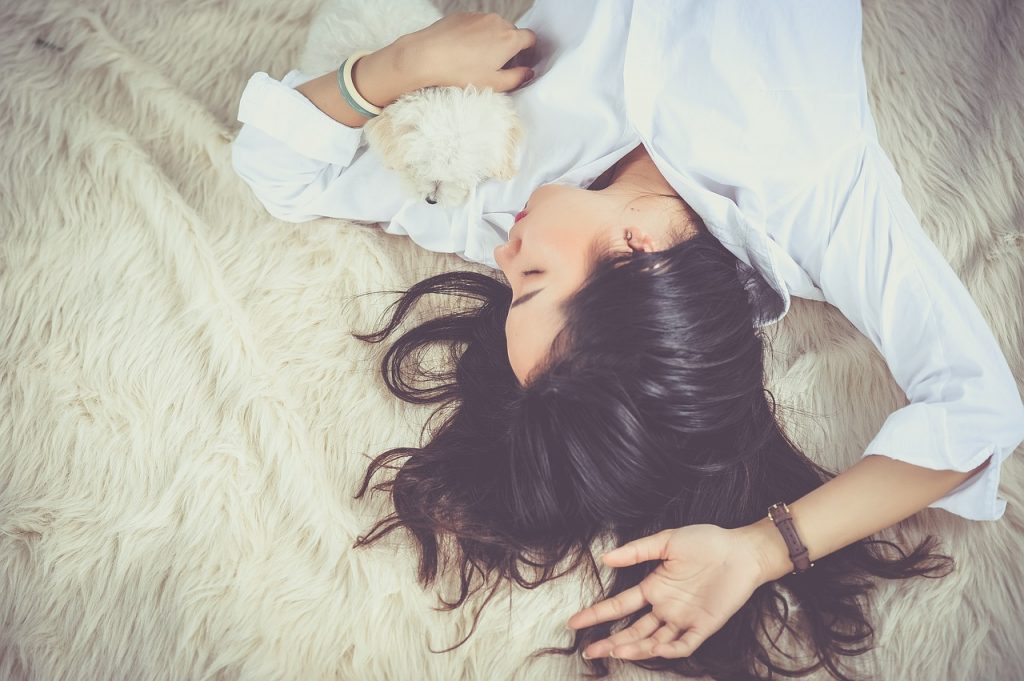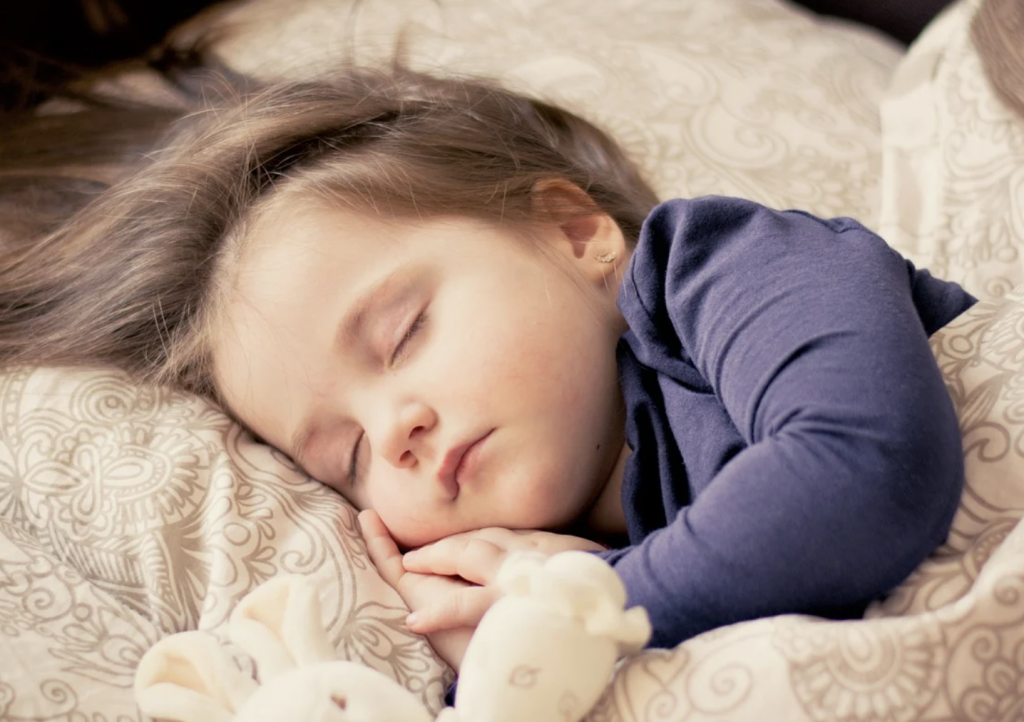Why You Shouldn’t Sleep With The Light On
Learn the critical reasons why you shouldn't sleep with the light on.
This article is more than 2 years old

Everyone knows getting eight hours of sleep makes you more energized and mentally sharp. It also keeps your immune system strong and helps to keep off those extra pounds. But a lot of people still struggle to achieve this goal, prompting various health experts to share lots of advice on the subject. While telling folks they shouldn’t sleep with the light on isn’t exactly groundbreaking news, the concept has been gaining more scientific credibility.
Most Americans retire to a bedroom that contains some form of artificial light. Whether it’s coming from a television, smart devices, or an intrusive streetlight, new research says even one night of sleep with a tiny amount of light on may negatively affect our cardiovascular and metabolic health. All of this suggests that one shouldn’t sleep with the light on. According to BGR, the study is part of a larger collection of evidence that says sleeping with the light on can harm the human body. But the new study focused more on the physiological effects that 100 lux of artificial light (enough to see around a room, but not enough to read) could have on healthy adults while they sleep.
To accurately measure if someone shouldn’t sleep the light on, the researchers conducted the study with 20 participants. The first night, subjects were placed in dark rooms. On the second night, half went to sleep in a room with more light on. During the process, researchers ran tests on the sleepers. They recorded their brainwaves, measured their heart rates, and drew their blood every few hours, NPR reports. And in the morning, each group would get a big dose of sugar to see how well their systems responded to the spike.
The results were published in the Proceedings of the National Academy of Sciences and show several differences between the two groups. Unlike those who spent both nights in the dark, the people who went to sleep with some form of light on had elevated heart rates throughout the night. They also had increased insulin resistance in the morning. This means they had more trouble getting their blood sugar into a normal range.

Senior author of the new study, and director of the Center for Circadian and Sleep Medicine at Northwestern University, Dr. Phyllis Zee said she was surprised that such a small amount of light filtering through the eyes to the brain had such notable effects. Another negative of sleeping with light is lowered melatonin levels. Melatonin is a hormone that helps the body with the timing of circadian rhythms. As such, it helps one fall asleep and stay asleep through the night.
Previous studies have also stated that disrupted melatonin levels can be linked to various illnesses, including diabetes and cancer. Although the current research team said the small amount of light used was probably not enough to suppress melatonin production – it was enough to activate the part of the brain which triggers the fight or flight response. Since the sleep study only took place over a short time, it would be interesting to see what would happen with light exposure over a longer period. But for now, everyone should makes their sleeping space as dark as possible.










